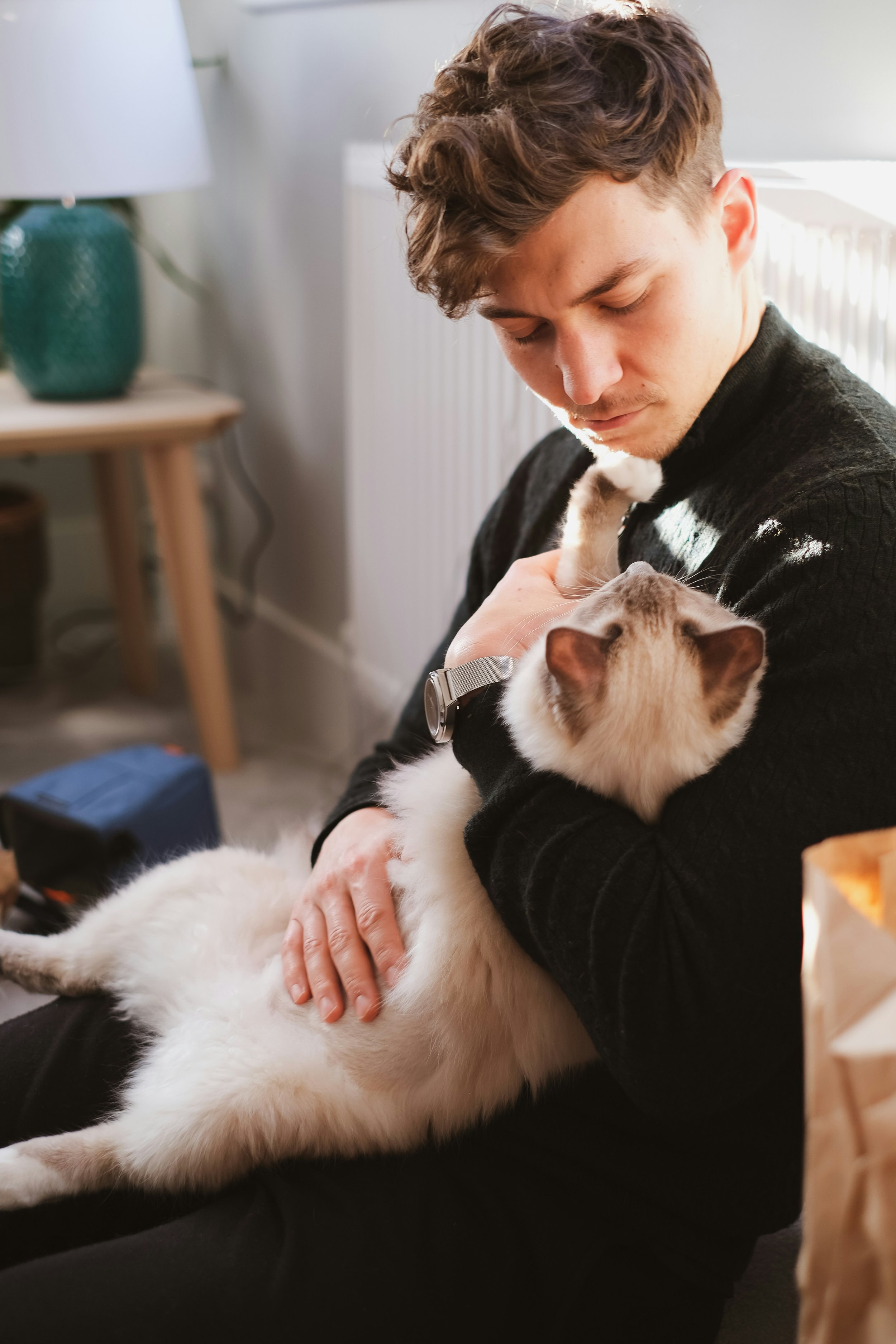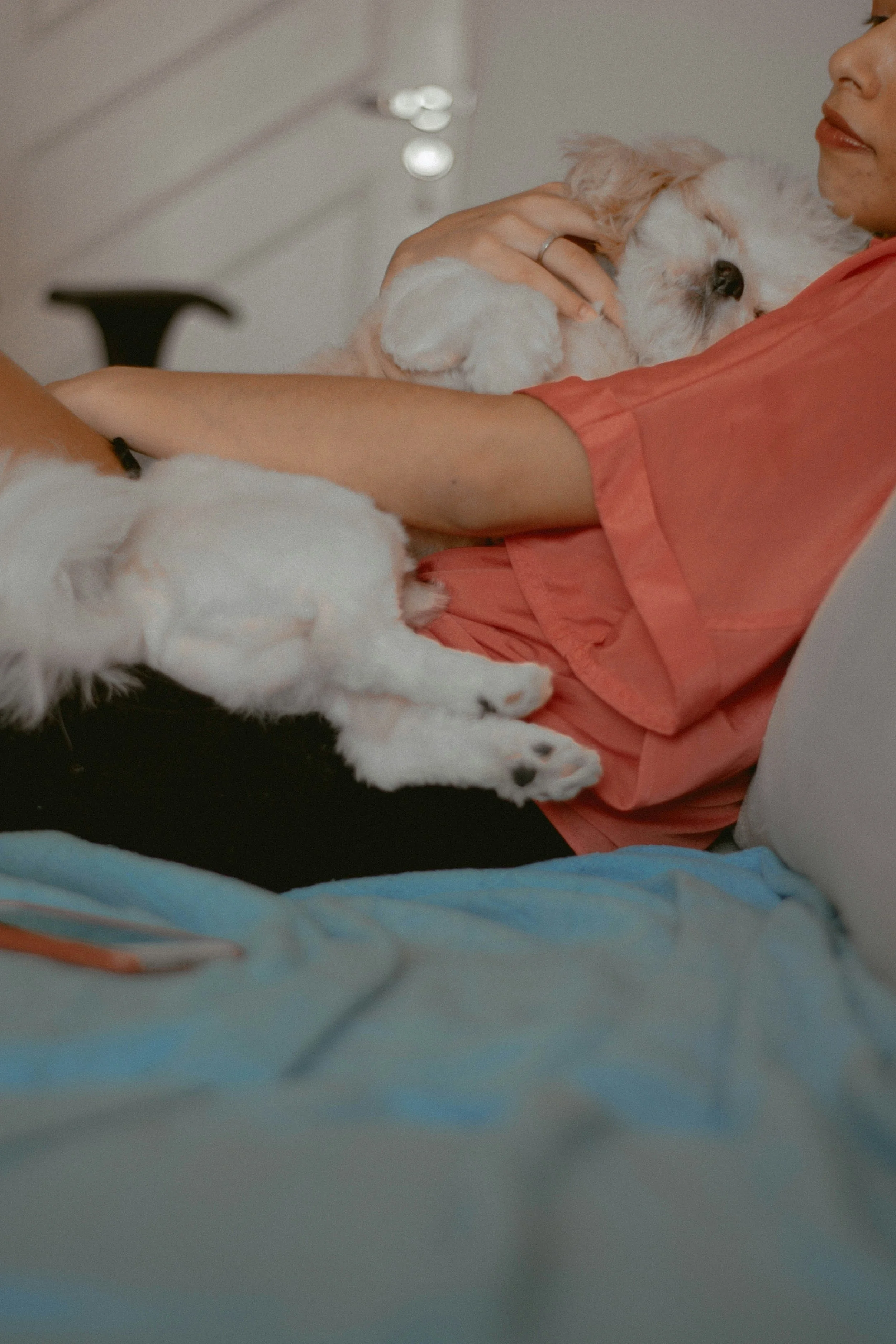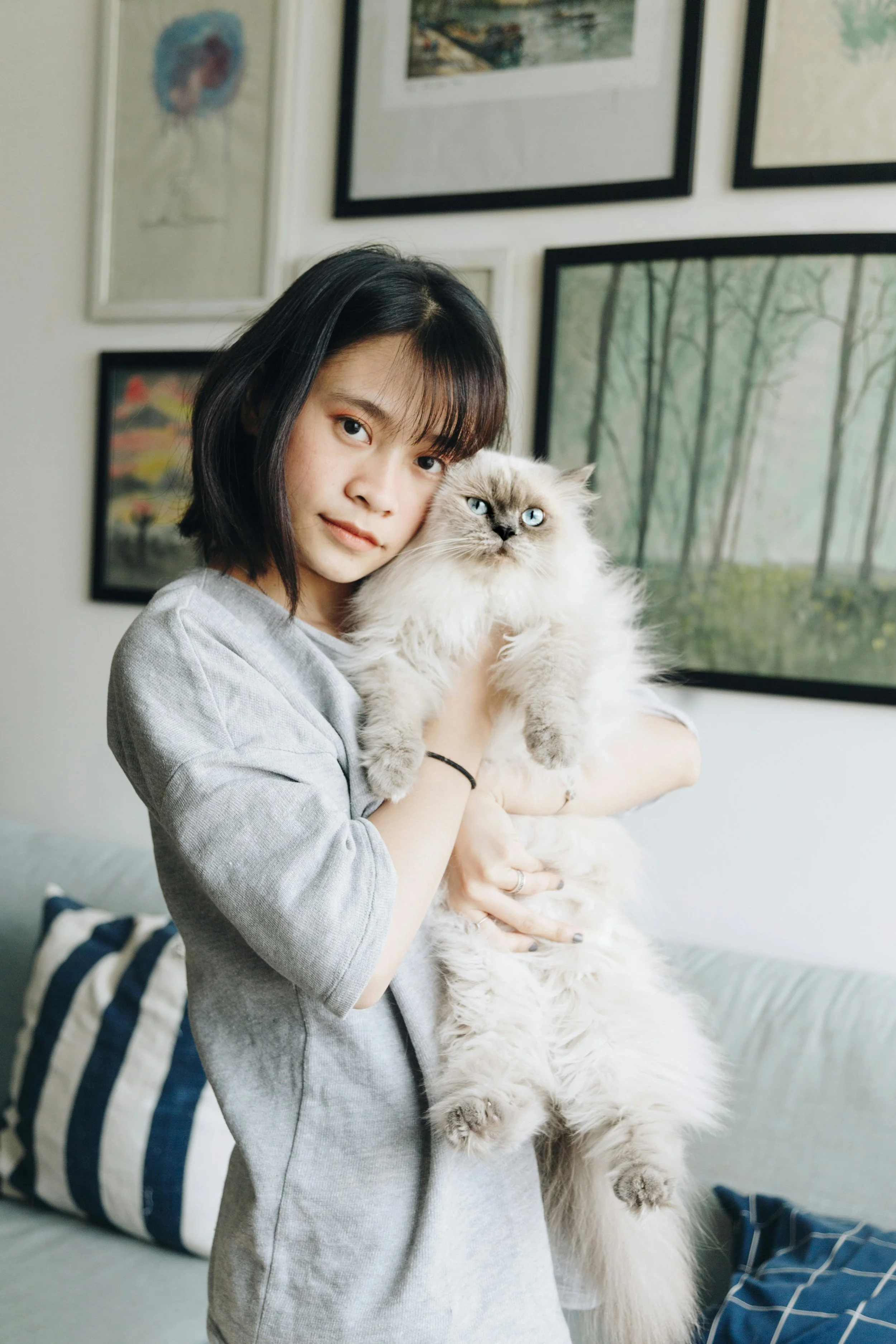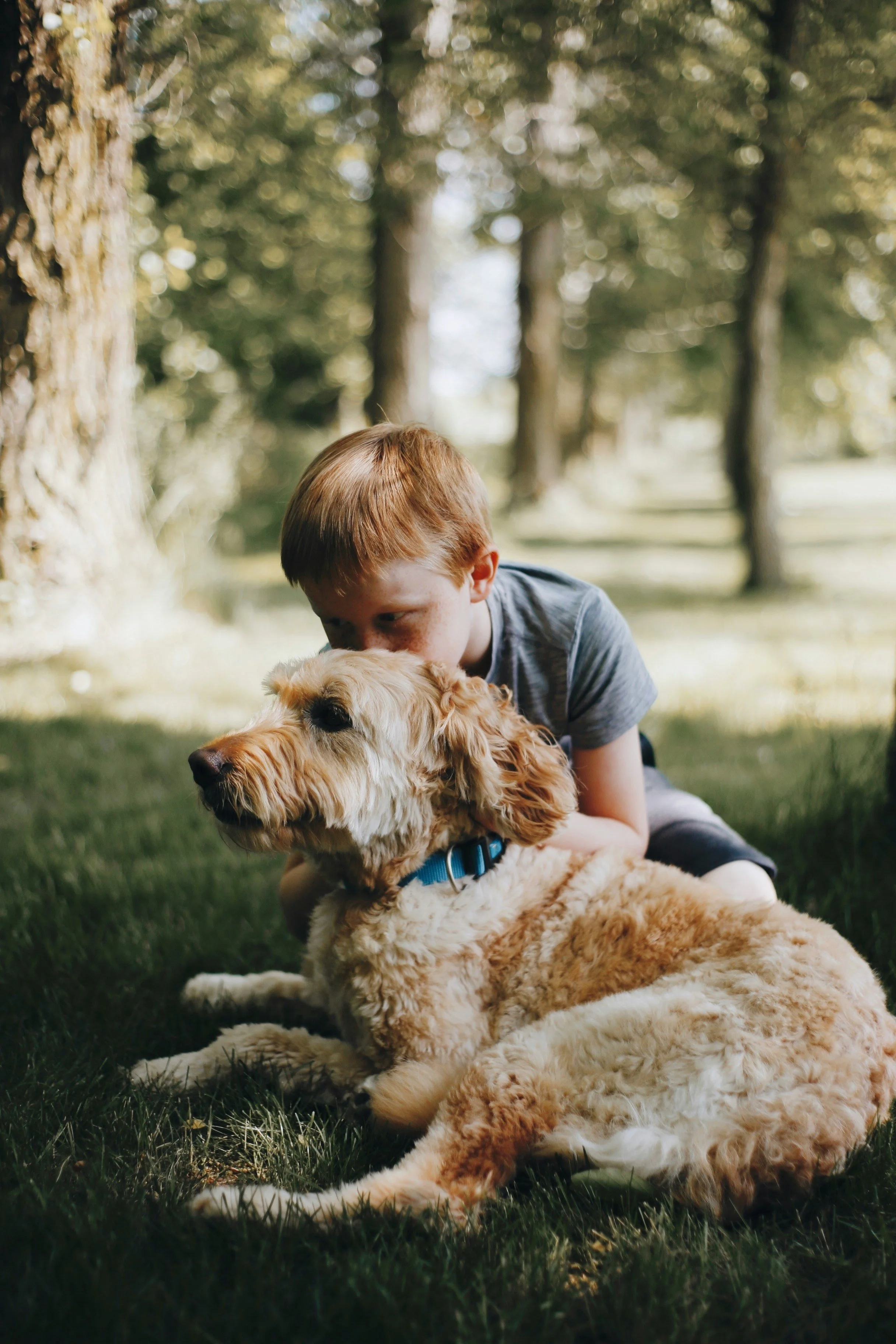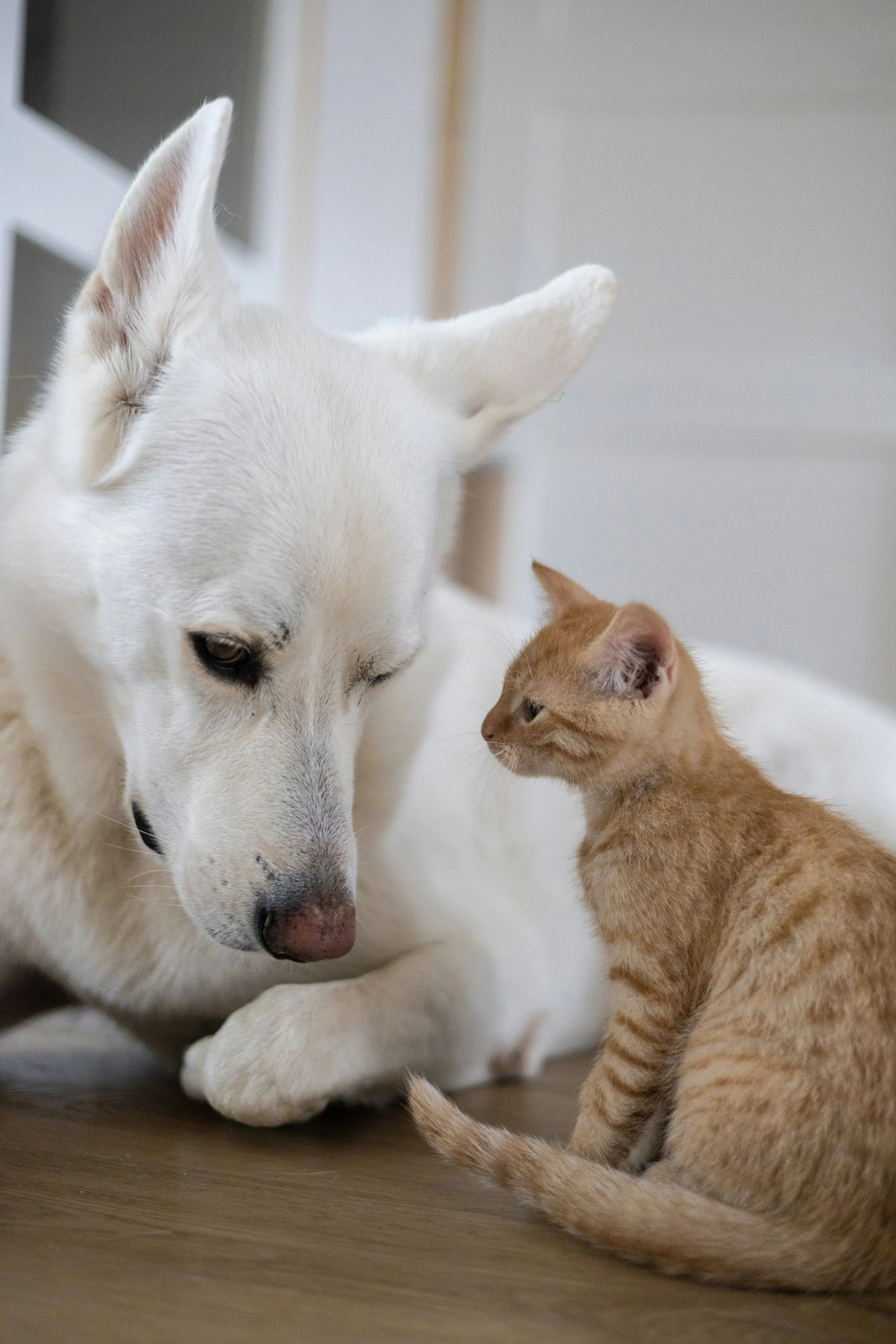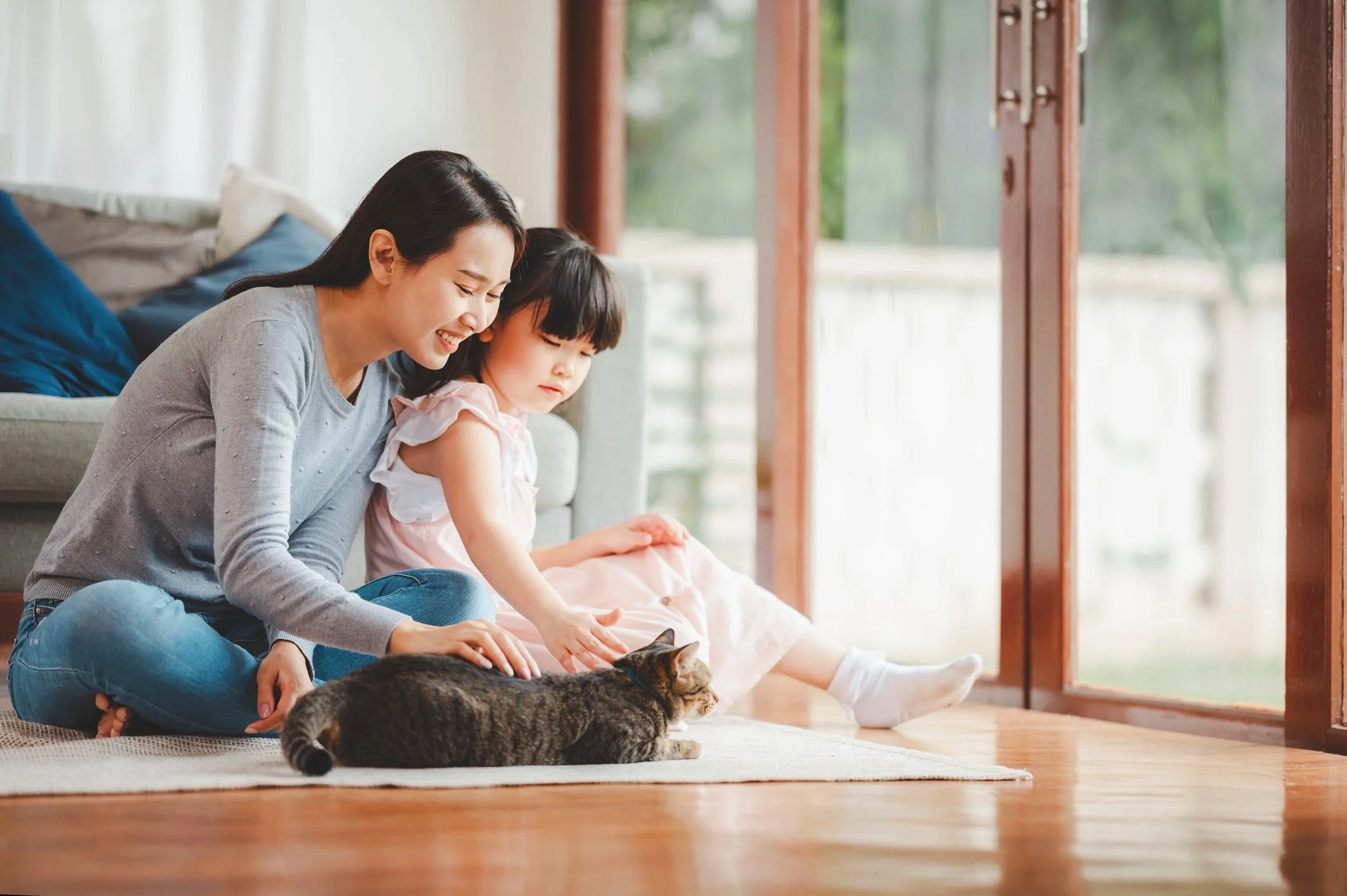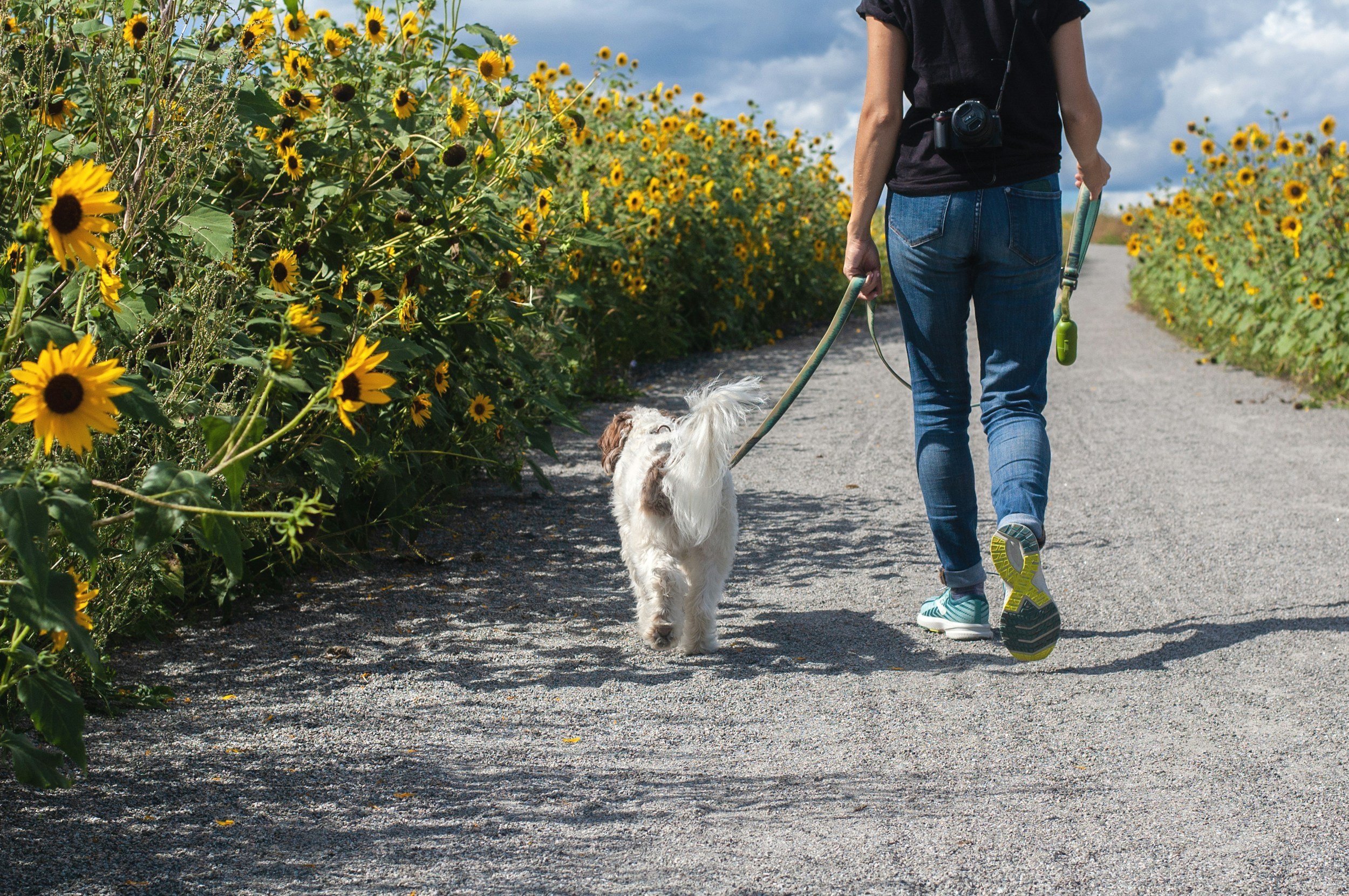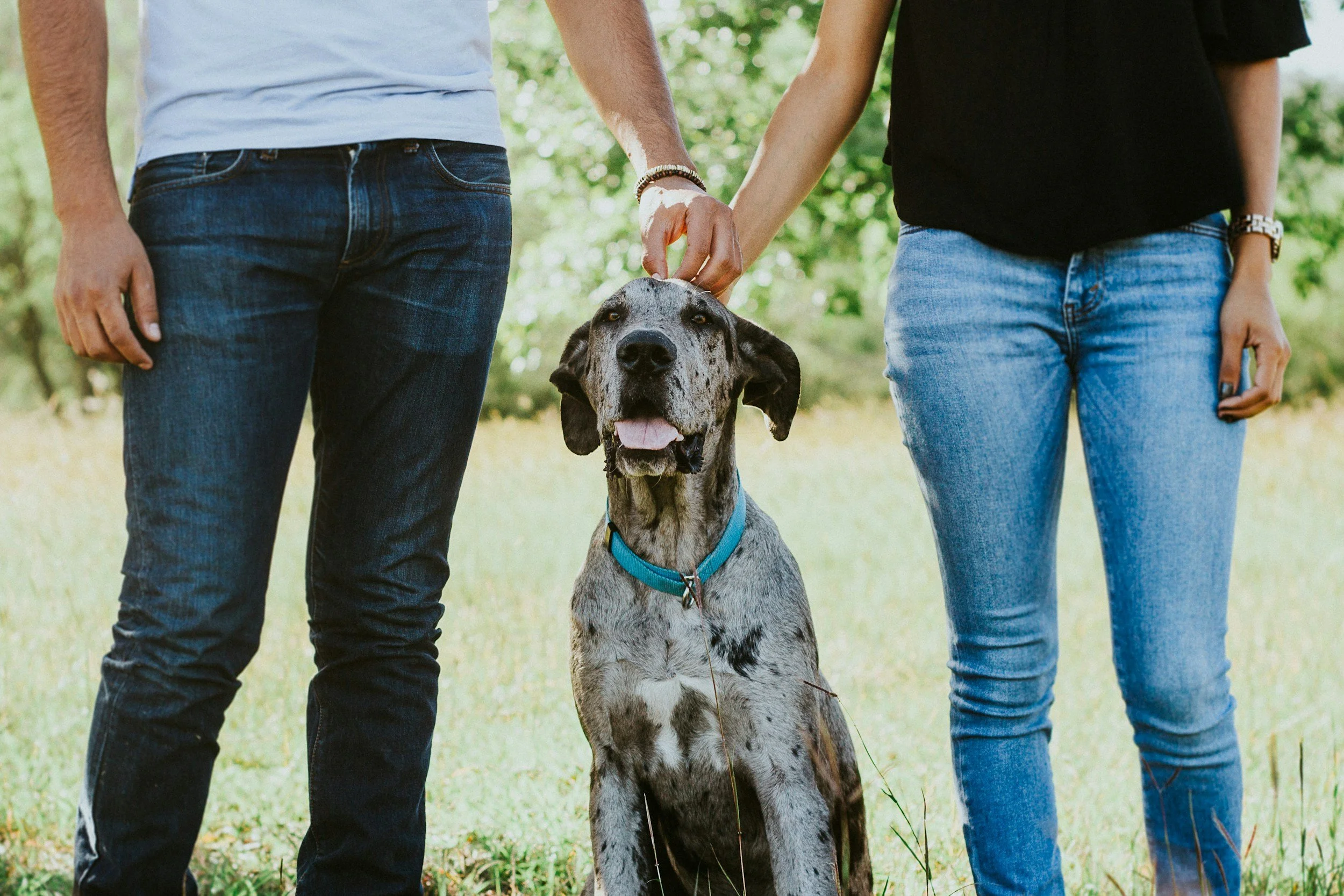
Grief and loss after in-home euthanasia
Grief, loss and our beloved companion animal
Grief is a natural response to losing a beloved companion. After an in-home pet euthanasia, many people experience emotions that come in waves, sometimes soft and quiet, other times overwhelming. There is no right or wrong way to grieve. Your relationship with your pet was unique, and the way you move through this loss will be unique as well.
Whether your companion passed recently or some time ago, you may find yourself navigating sadness, confusion, guilt, relief, or even moments of peace. All of these feelings are normal, and each one deserves compassion and space. Whether we lose a person close to us through death, get divorced, lose a job or have to say goodbye to our companion animal, grief is grief.
All losses are valid.
Normalizing grief and loss
Unfortunately, in veterinary medicine, there is a tendency to separate grief related to the death of our companion animal and identify it as "pet loss grief”.
We want to normalize and change this perspective on grief. All losses are painful, and personal.
It's ok to grieve. It's ok to be vulnerable, to feel our feelings and to feel the pain of our loss. We also need time to feel and move our way through the pain of loss.
We naturally want to resist the painful experience, but we can open up to it.
Our society struggles to talk about death, to process pain, and grief. Everyone wants us to be ok as quickly as possible, but that isn't the way grief works.
The experience of grief
Many people are familiar with Elisabeth Kübler-Ross's five stages of grief:
Denial: shock and disbelief that the loss has occurred
Anger: that someone we love is no longer here
Bargaining: all the what-ifs and regrets
Depression: sadness from the loss
Acceptance: acknowledging the reality of loss
However, few people may know that David Kessler, one of the world's foremost experts on grief and loss and Kübler-Ross's protégé and friend, later adapted the five stages of grief by adding a sixth stage:
Finding meaning: Meaning helps us make sense of grief. Through meaning, we're able to move beyond the pain of loss.
According to Kübler-Ross and Kessler, the stages of grief aren't linear and are not meant to be prescriptive. It's a description of the general experience of grieving.
It's also important to understand that we all grieve differently. Everyone has their own unique grief.
Finding meaning in loss after in-home pet euthanasia
When there is loss, there's often a desire to find meaning in it. In Kessler's book Finding Meaning, he says meaning comes through finding a way to sustain your love for them while you're moving forward with your life.
He provides some thoughts to guide our understanding in meaning.
Meaning is relative and personal.
Meaning takes time. You may not find it until months or even years after loss.
Meaning doesn't require understanding. It's not necessary to understand why your companion died in order to find meaning.
Even when you find meaning, you won't feel it was worth the cost of what you lost.
Loss is simply what happens to you in life. Meaning is what you make happen.
Only you can find your own meaning.
Meaningful connections will heal painful memories.
Every loss has meaning.

“The essence of our grief isn't found in the loss itself but in the memories and experiences shared. The real meaning lies in how we cherish those memories and how we reshape our lives in the wake of loss, finding new ways to honour those we've loved.”
— David Kessler
Anticipatory grief
As you anticipate or plan for your meaningful goodbye and in-home euthanasia, you can also be feeling anticipatory grief. It is a feeling of uncertainty about the future and usually related to death. Something bad is coming but we don't know what it's going to look like. We can feel very confused and lose our sense of safety.
During these moments, maintaining the connection with our companion means prioritizing comfort over cure, familiarity over intervention. Offering a favourite treat, resting in a sunny spot, or simply lying beside them on the floor, can communicate volumes.
This connection also informs how we, as caregivers, move through anticipatory grief. The fear of loss, the weight of responsibility, and the uncertainty of “doing the right thing” are eased when we remain grounded in love and trust. Your connection with your companion can guide your decisions, not perfectly, but meaningfully. That, in itself, is a profound act of love.
Children and grief
We are often unsure of how to talk to our children about death and grief. Understandably, we want to protect them from the loss of a loved one and the challenging feelings that come with that loss. Processing our feelings happens on the inside and because of this, we're not sure how our children are doing. We want to know they’re doing ok.
It's important that we continue to be open to feelings of pain and grief related to death, and love in age-appropriate ways. Validating their feelings and letting them know they all make sense. Letting them see our own grief so they know they can feel these feelings too. It's ok to miss our beloved companion and still live fully.
Companion animals and grief
Many families choose to have their meaningful goodbye at home because they have additional companion animals. Families want their companion’s furry siblings to be present during their in-home euthanasia.
We encourage giving furry siblings the opportunity to be present because they will often know something is going on. Some furry siblings may recognize death has occurred while others may not, or at least not show it in ways we sense.
Studies show animals have the capacity to mourn the loss of a companion.
Like humans, animals will have different responses to death, both individually and as species. In general, the more social the species, the more likely they will behave in a manner that could be described as grieving. In addition, if two individuals are very close, the more likely one will grieve.
In her book How Animals Grieve, anthropologist Barbara King also describes accounts of cats, dogs and rabbits crying and searching for their companions.
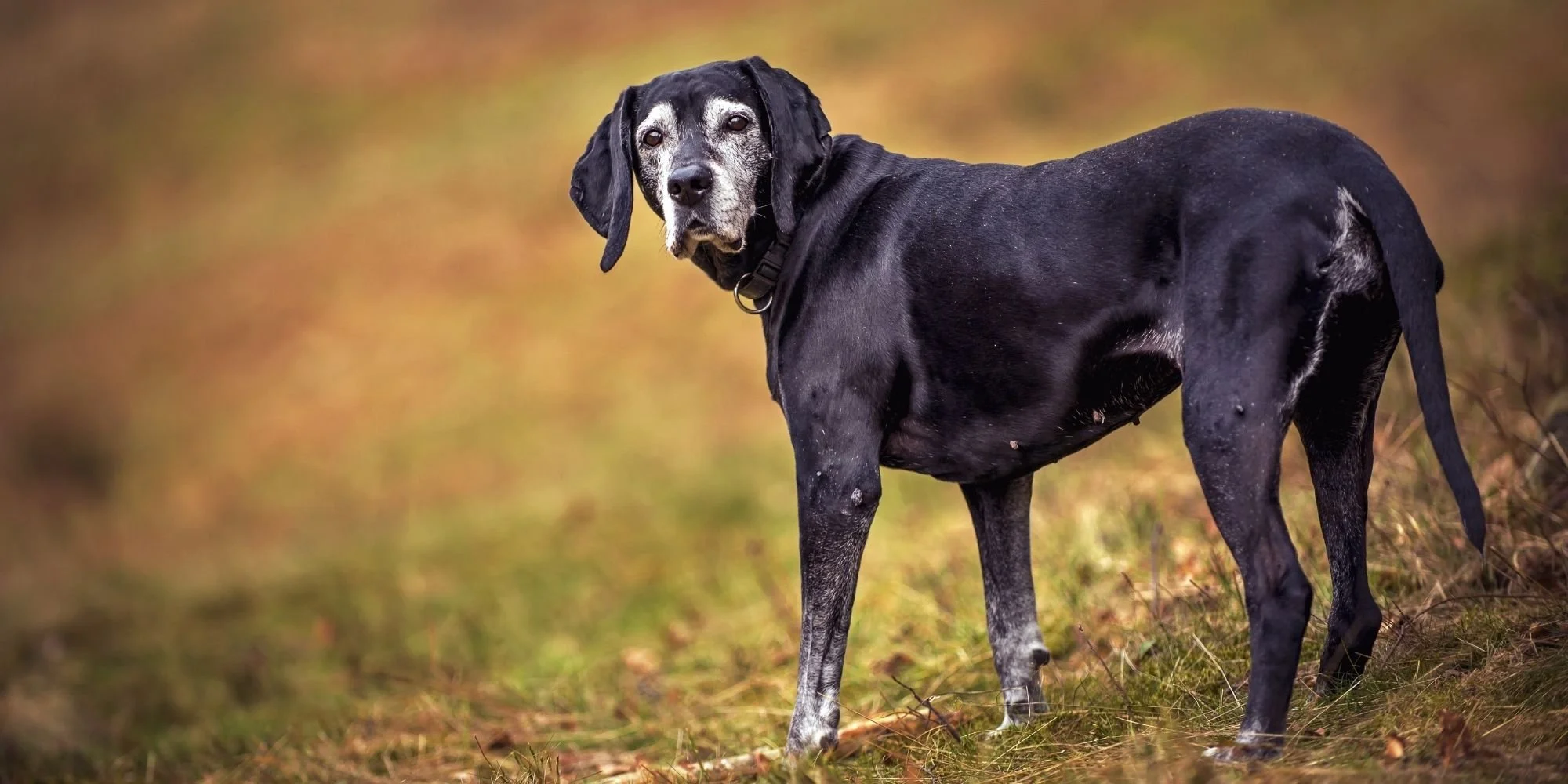
Resources on grief
If you’re interested in learning more about grief, we’ve created a list of resources to support you and your loved ones. These tools can offer comfort, guidance, and reassurance as you navigate this experience in your own way. You may find it helpful to explore them at your own pace, whenever you feel ready.
More help with starting the journey
Plan ahead for in-home pet euthanasia
Planning arrangements for your companion animal and your family provides peace of mind.
Understanding the in-home pet euthanasia process
We're here to support you on this difficult journey, and help with final arrangements for a meaningful goodbye with in-home euthanasia.
A Meaningful Goodbye™ with in-home pet euthanasia
Create a meaningful goodbye to celebrate, and honour, your beloved companion animal’s life, your way.

